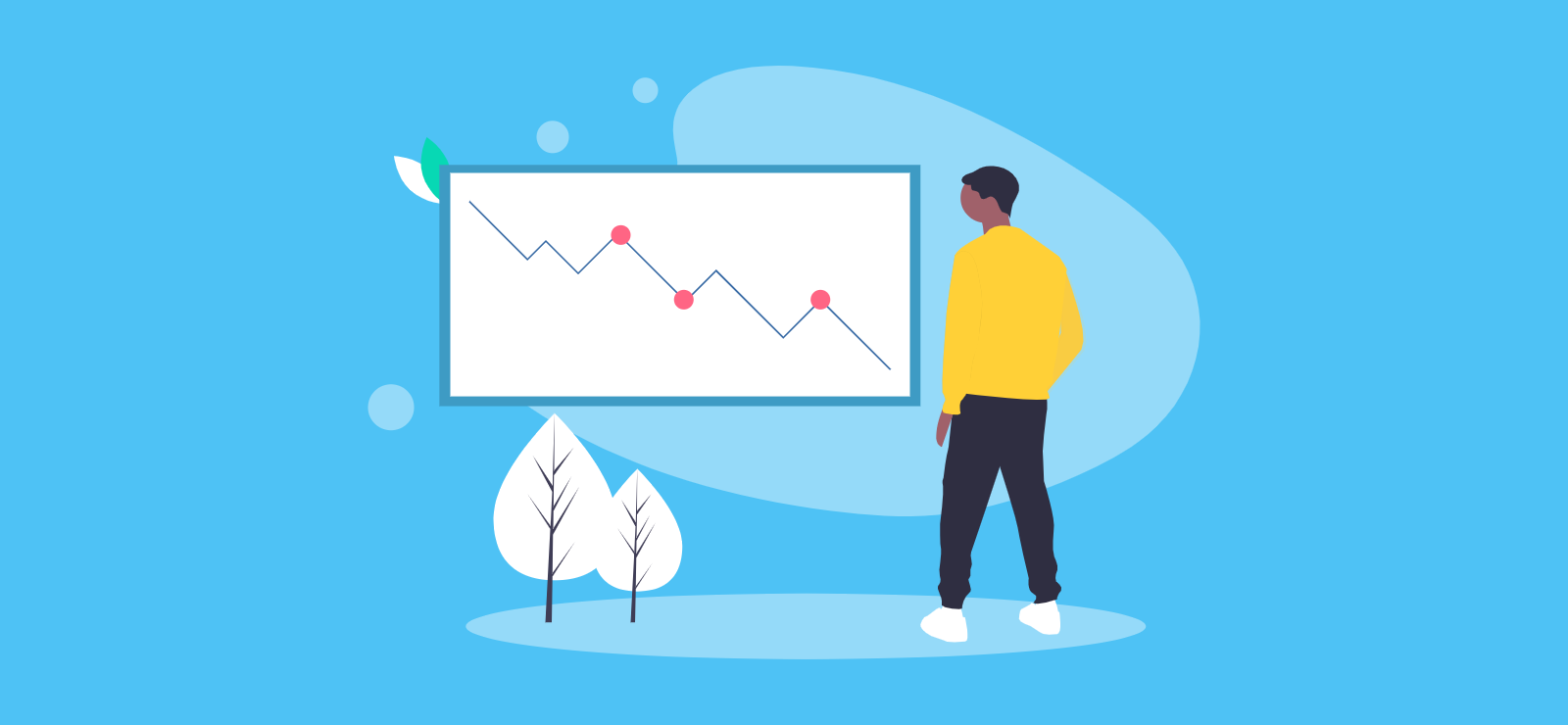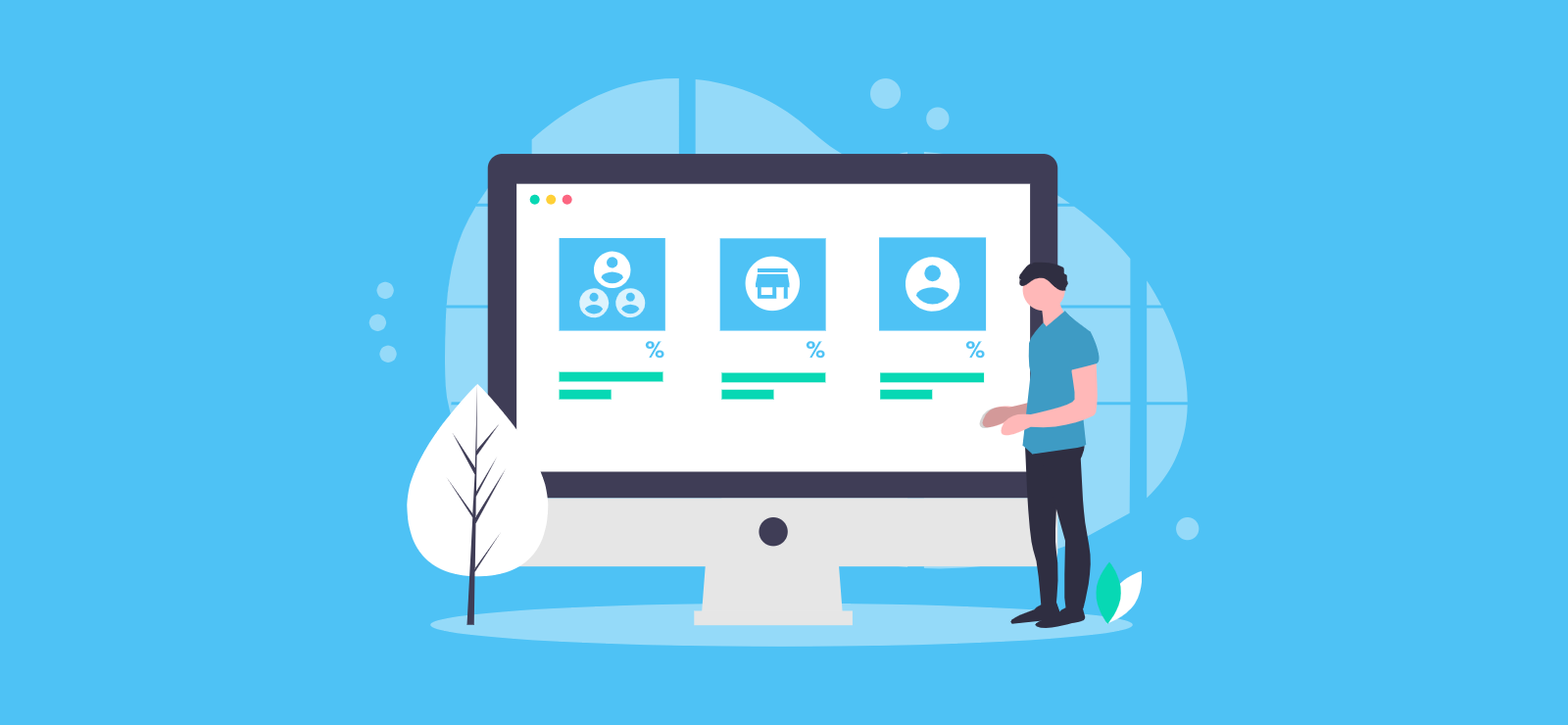

What Am I Allowed To Do In Business If I’m Made Bankrupt?
Bankruptcy is a traumatic event which can have significant implications for the future, particularly if you run a business. We explain what personal bankruptcy is, the difference between bankruptcy and liquidation, and what it means for the future.
Is bankruptcy different to liquidation?
In the UK the term bankruptcy only applies to a person, so a business entity (such as a limited company which is legally separate to its owners) can’t become bankrupt, but will enter liquidation.
How is someone made bankrupt?
There are normally two ways that you can be made bankrupt:
- By applying for bankruptcy yourself because you’re struggling to pay your debts
- Because your creditors (the people you owe money to) have applied for your bankruptcy after exhausting other methods for recovering the debt.
How long does bankruptcy last?
Declaring yourself bankrupt is not a permanent thing, and typically lasts one year, after which you’ll ‘discharge’ the bankruptcy. You won’t have to repay your old debts, but you may have to cover fees such as court fines or student loans.
What happens if a sole trader is made bankrupt?
As a sole trader you are your business, with no legal differentiation between you and it. Sadly this can mean that you might have to close your business, and sell off any assets to help pay your debts if you become bankrupt.
That’s not always the only outcome though, and sole traders can sometimes continue operating during the bankruptcy period, but under strict regulation. You’ll need to trade under your own name, or the name you were using to trade under when you became bankrupt.
What happens if a company director is bankrupt?
Someone who is bankrupt must not manage, form or promote company, so a bankrupt director must resign from their position. The problem is that companies must have a least one director, which means the company will close if you’re a sole director.
You can continue to be a shareholder, though your assets might be sold off to pay debts during the bankruptcy process.
Once you discharge the bankruptcy you can become a director again, though this might make it difficult for the company to access funding and finance (and could even be off-putting for potential investors).
What alternatives are there to bankruptcy?
An Individual Voluntary Arrangement (IVA) is a formal binding agreement with an insolvency practitioner who divides payments between creditors. This agreement is a lot more flexible than bankruptcy, and it will still allow you to continue trading.
An IVA also enables you to negotiate repayments if they become unmanageable, though the driving force here is repayment according to agreed terms.
Learn more about our online accounting services for businesses. Call 020 3355 4047 and get an instant online quote.
Want to learn more?
Subscribe to our newsletter to get accounting tips like this right to your inbox

Read more posts...

December 2024 Client of the Month: Alessia Amsterdam ltd
20th December 2024This month we spoke to Alessia Lo piccolo, Owner of Alessia Amsterdam ltd! Alessia Lo piccolo Instagram Hey Alessia! Tell us about…
Read More
What is the M1 Tax Code?
17th December 2024It’s normal to presume that the tax code on your payslip is correct, but if you feel like you’re paying an extortionate…
Read More
UK Tax Rates, Thresholds and Allowances for the Self-Employed
6th December 2024Read our guide to UK tax rates and thresholds for sole traders, limited companies, partners and partnerships, employers, and other businesses. UK…
Read MoreConfirm Transactions
The number of monthly transactions you have entered based on your turnover seem high. A transaction is one bookkeeping entry such as a sale, purchase, payment or receipt. Are you sure this is correct?
Please contact our sales team if you’re unsure
VAT Returns
It is unlikely you will need this service, unless you are voluntarily registered for VAT.
Are you sure this is correct?
Call us on 020 3355 4047 if you’re not sure.
Bookkeeping
You will receive our bookkeeping software Pandle for free, as part of your package.
You can use this to complete your own bookkeeping, or we can provide a quote to complete your bookkeeping for you.
Please select and option below:
Call us on 020 3355 4047 if you’re not sure.

